Melissa Lipsett, our CEO, has returned from her trip to Kapilvastu, Nepal full of excitement about seeing people empowered to take the lead in transforming their own communities. Here are some highlights from her trip.
What’s life like for people living in Kapilvastu, where our Christian Partners work?
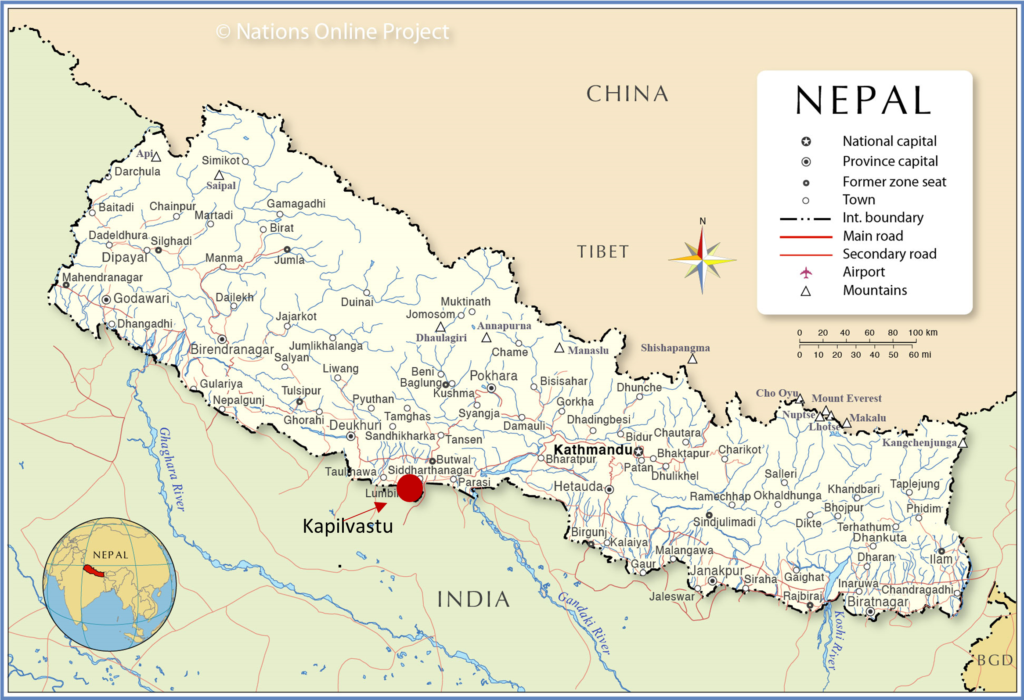
It’s a region that has major development challenges. There’s a general lack of services, or inadequate services. There are no toilet facilities or running water in people’s homes. And few opportunities for people to generate income and, sadly, high levels of gender-based violence and child marriage.
Most people are subsistence farmers. In Australia, when we hear ‘farmer’ we think of large paddocks and lots of animals, but farms in Kapilvastu are about the size of a suburban house block. People grow vegetables and rice using what we might consider outdated farming methods. And they might have one cow or goat but even that would be exceptional.
Trading is difficult, because people don’t have access to transport, so they walk to markets carrying their produce—meaning a market some kilometres away can be too far.
What are our local Christian Partners doing in these communities?
Our Partners have a fantastic way of bringing people together so they can help each other to transform their community. The community determines their priorities and drives change. They’re the ones doing the hard work.
How do the people decide what’s needed in their community?
Our Partner fosters the creation of community groups who come together to both look at their strengths and decide what they want to address. These groups are overwhelmingly made up of women, which is extraordinary as gender inequality is a significant problem in this region. They elect a chairperson and a treasurer and run projects that benefit the whole community such as:
- Planting trees for better environmental impact;
- managing community savings and loans;
- building a community toilet;
- cleaning rubbish away, to reduce vermin;
- using the straw they once burned to feed cattle;
- acquiring milking animals and establishing a dairy industry;
- procuring and using better seeds;
- building a bore and irrigating crops; and
- accessing better feed for milk animals.
Has dairy farming made a big impact?
It has made a significant impact! The great thing about milking animals is that the more they’re milked, the more they produce. One dairy farmer told me he’s now earning eight times his previous income with good animal husbandry techniques.
Our local Partner arranged for a privately run dairy to set up a collection point close to the villages they work within. Previously, the nearest refrigerated collection point was a day’s walk away. Taking a whole day away from caring for their farm meant other work suffered and it wasn’t really worth it.
The combination of access to a market, training in animal husbandry and a lot of hard work has meant families living in villages around the milk collection point are starting to emerge from poverty. And this has huge implications for their whole community, especially the women and girls.
How has it impacted their girls?
Child marriage is a product of poverty. It happens when parents can’t see a way forward, and giving a daughter in marriage is a way to ensure she survives, and other children in the family, survive. Having a stable and sustainable income allows mothers in these community groups to turn their attention to the next generation.
They’re now saying, ‘we will not allow our daughters to suffer as we did’.
And this change is already happening—girls are now in school in the villages around the milk collection point where previously, many of them were being pulled out of school to get married. The community now understands the importance of girls being educated and treated equally.
What other big changes are happening in Kapilvastu?
One community group is working to end domestic violence. They are educating themselves and their community and when there are instances of violence they work together as one to confront the perpetrators.
This violence used to happen behind closed doors, but now they’re bringing it out into the open. They’ve realised that they are so powerful together.
Did you get to know any interesting people?
I met too many wonderful people to mention, so I’ll just tell you about two particularly inspiring people.
Daxa* used to earn very little as a servant. When her husband’s health deteriorated, she shouldered responsibility for the family’s income. It was a struggle to access health care, and she couldn’t afford to educate their four children.
But when she joined her local community group and became secretary, Daxa learnt about financial literacy and received 20,000 rupees (AUD $228) cash support from the group to open her tiny grocery shop. Now her husband is getting treatment and the children are going to school.
She’s also rearing and selling goats having learnt about goat farming techniques.
Recently, Daxa was able to install a tap in the family home and she plans to grow her business, supported by the 23 women in her group.
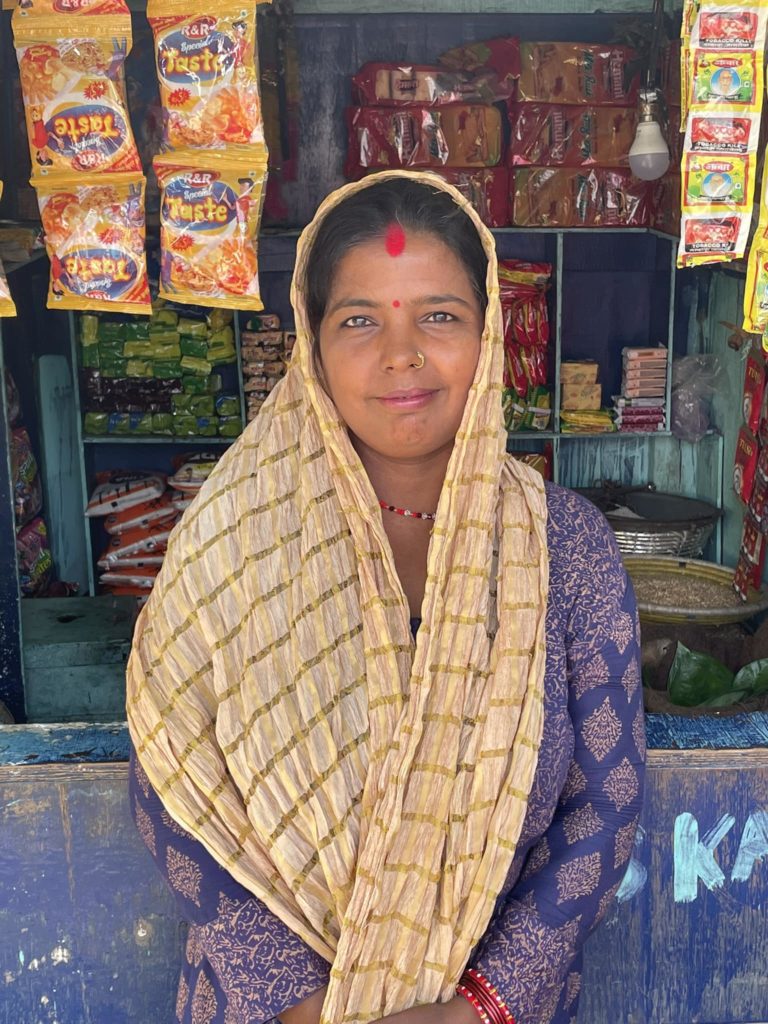
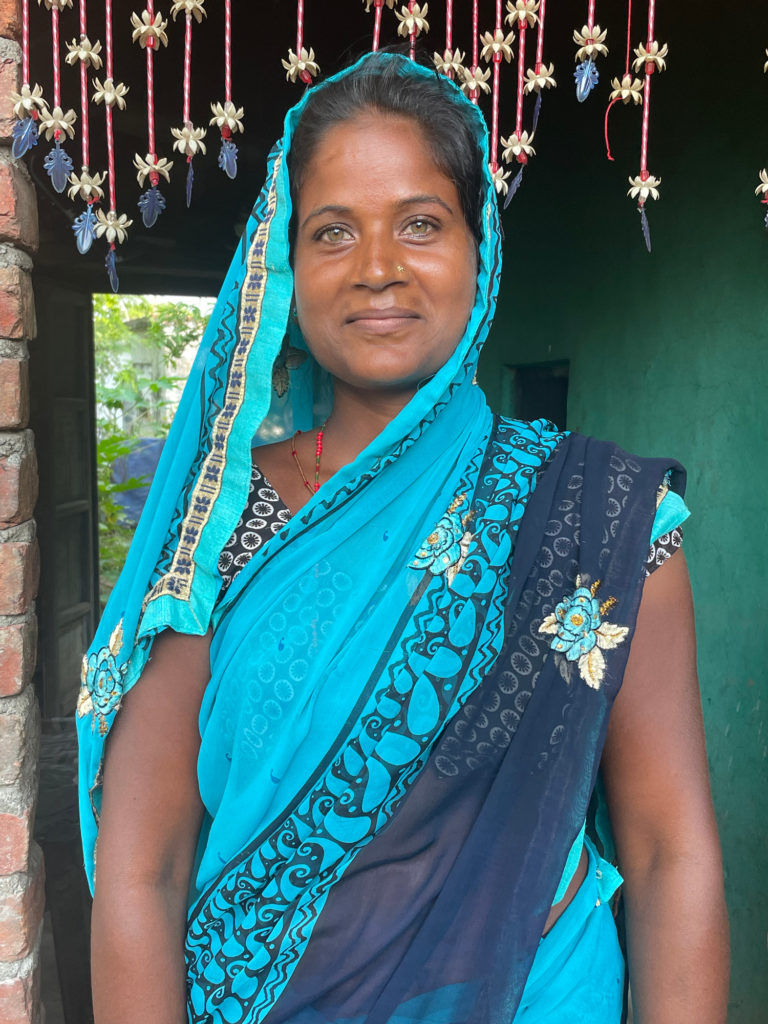
Sanjiya* is fiercely proud of the work her women’s community group is doing. They’re working on improving drinking water, access to toilets, and ensuring that girls can stay at school. But she is most proud of the improvements her community has seen in reported incidences of domestic violence. Once common, they are now rare. Sanjiya told me that she dreams of a day when there will be no more child marriage in her province.
*Names changed for privacy
Which Scriptures do you lean into as you go about this work?
The understanding that we are all made equally in the image of God—made so clear in Genesis 1:26-27—is foundational to our work. The creation story shows us that all humans have the same value and merit respect. And although our world is broken, God sent Jesus as the solution, to restore peace by reconciling all of creation to God (Colossians 1:19-20). We have the incredible privilege and responsibility to participate in that restoration–God’s Kingdom come on earth as it is in heaven!
Pictures
This pond was once polluted and used as a toilet. With support and a lot of work, it is now a healthy water source.
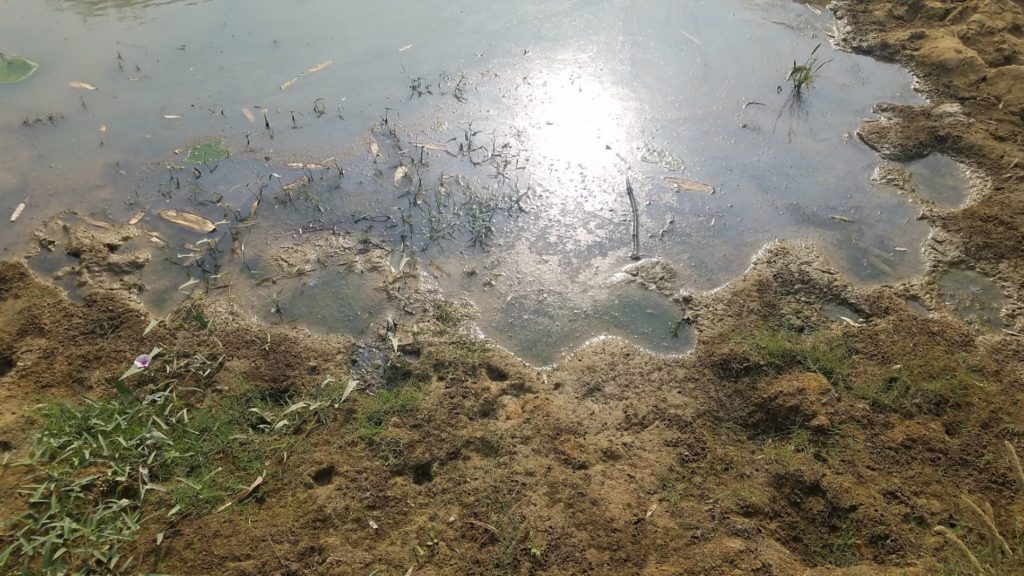

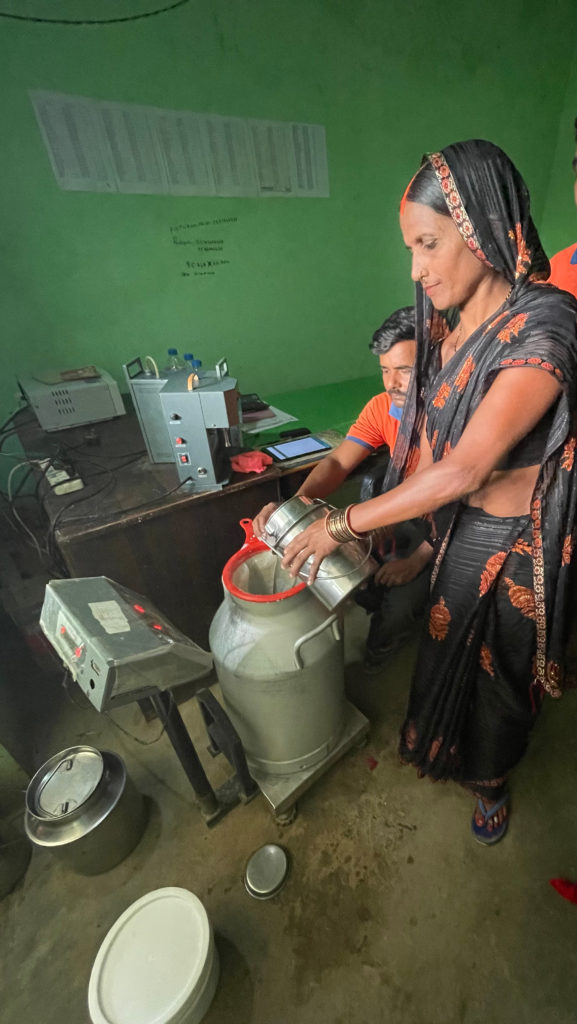
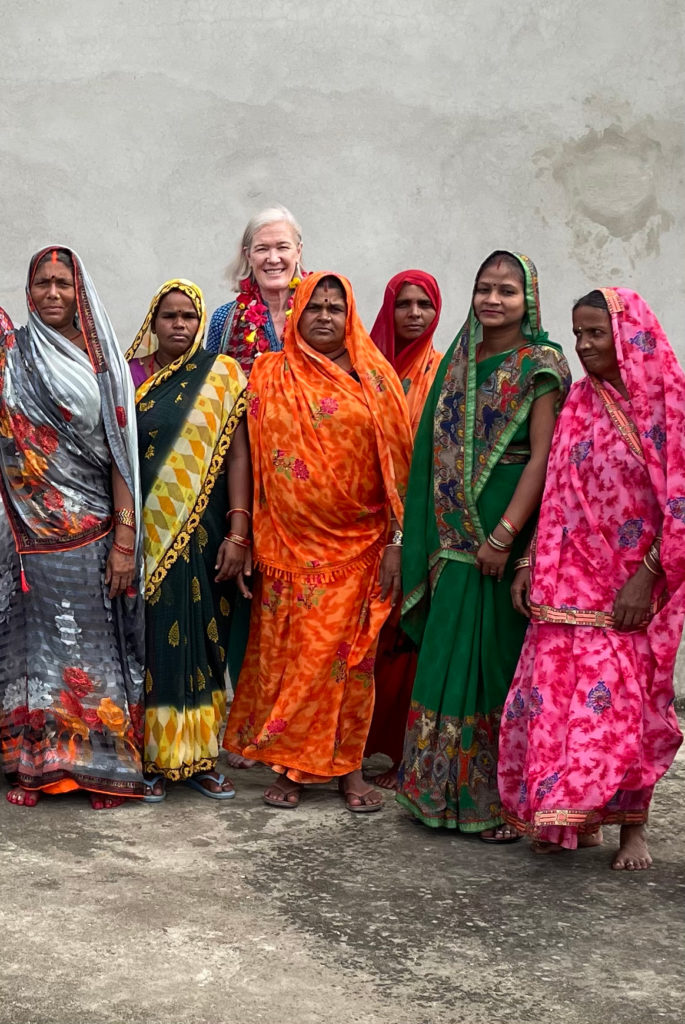


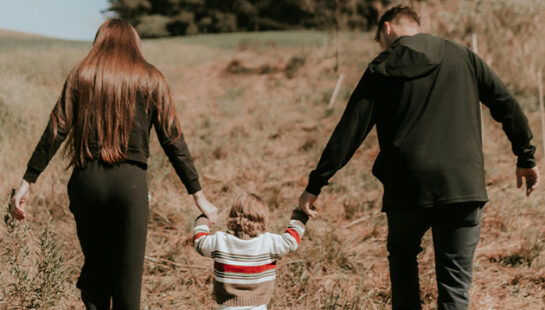
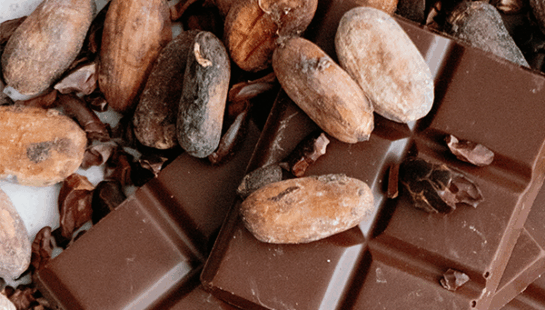
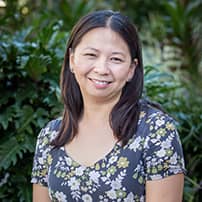 Sophia Russell,
Sophia Russell,